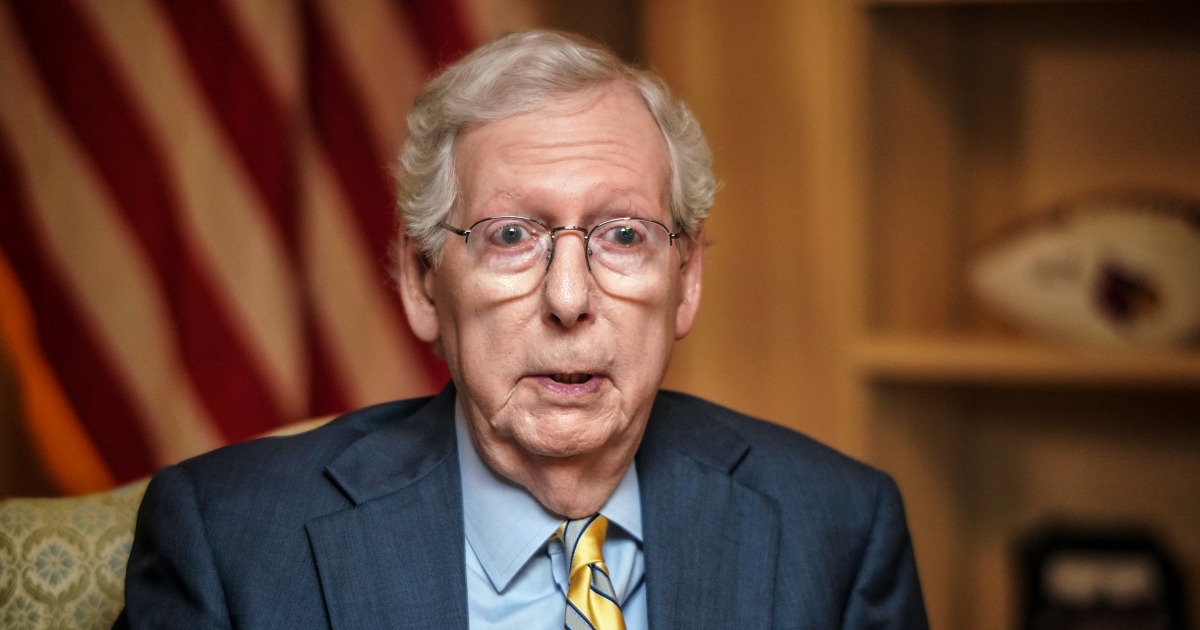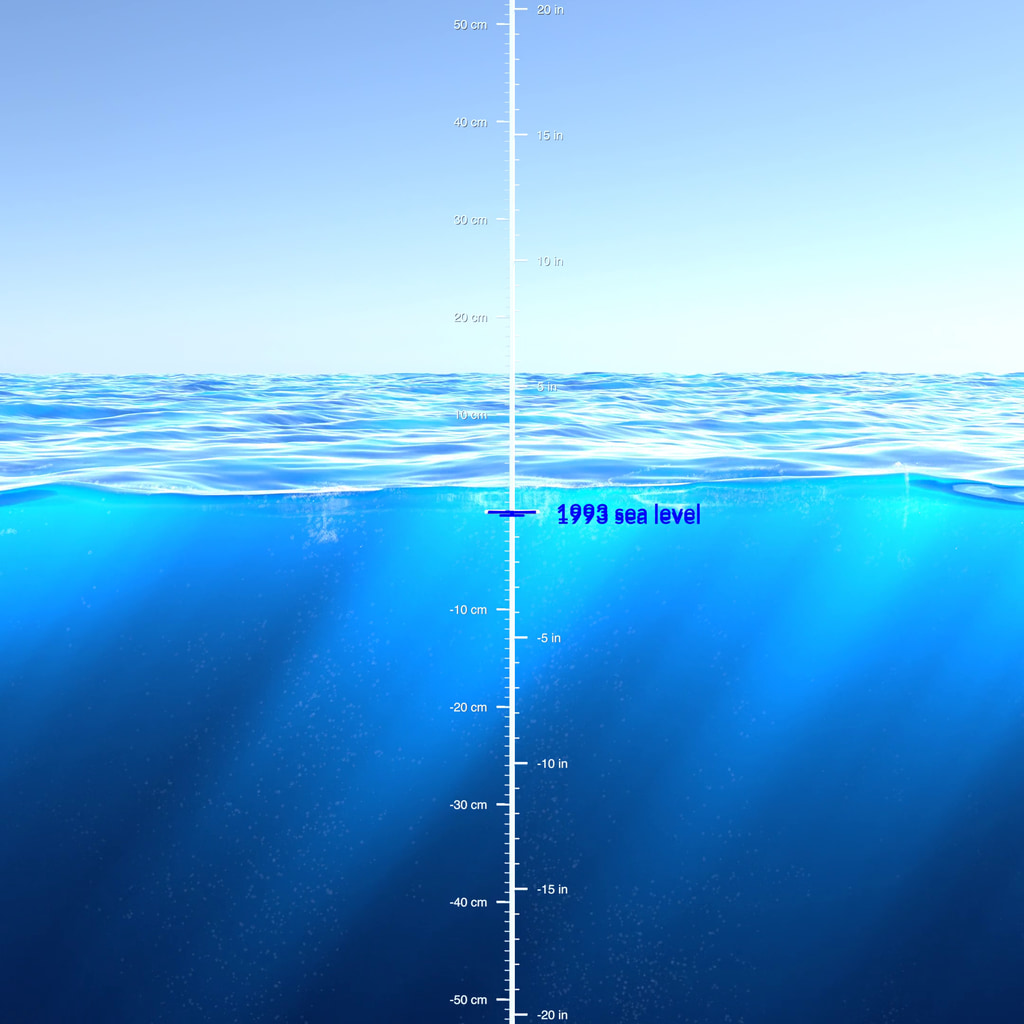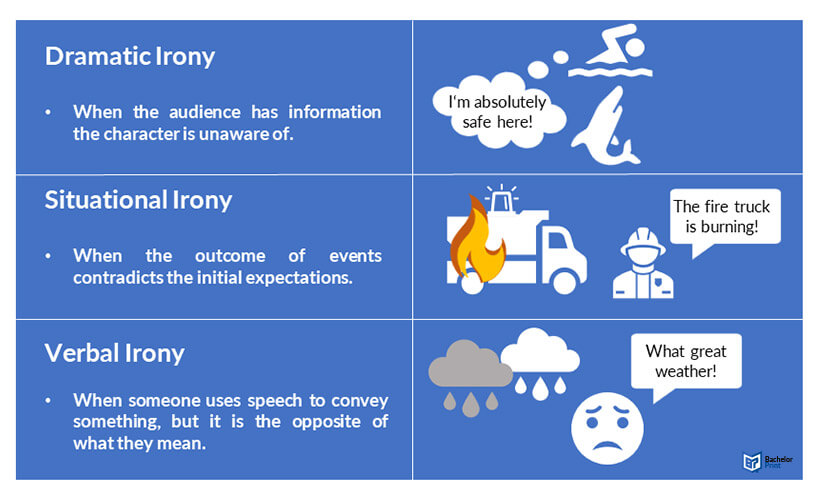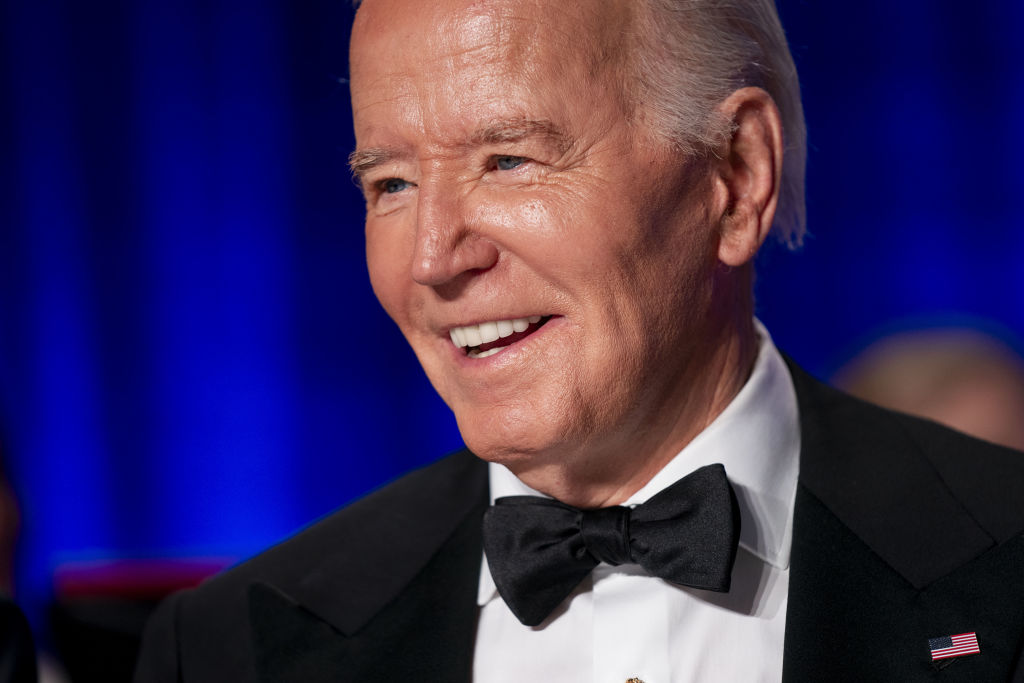Bud Light lost big in the Super Bowl and beyond
Super Bowl Defeat Pales in Comparison to Bud Light’s Sales Slump
Despite the San Francisco 49ers’ loss at Super Bowl LVIII, it was Bud Light that suffered the biggest blow during the weeks surrounding the big game. According to data compiled by Bum Williams Consulting and reported by The Wall Street Journal (WSJ), beer sales declined 5.3% overall for the two weeks ending on Feb. 17 compared to the same period in 2023. Bud Light sales alone plummeted a catastrophic 30.1% compared to last year.
A Disastrous Sales Slump
Even with a massive ad campaign during the Super Bowl featuring NFL legend Peyton Manning and musician Post Malone, Bud Light experienced disastrous sales numbers. Its sister brands Budweiser, Busch Light, and Michelob Ultra also saw significant drops in sales.
Meanwhile, rival brands Miller Lite and Coors Lite cashed in on the Super Bowl frenzy, with Coors Lite seeing a nearly 10% increase in sales. Modelo Especial, the nation’s favorite beer since dethroning Bud Light, also saw a 6.9% increase in sales.
A Year of Setbacks
Unfortunately for Bud Light, the Super Bowl slump was just the latest in a series of setbacks. The brand faced controversy and backlash after partnering with trans-identifying influencer Dylan Mulvaney in the spring of 2023. This partnership resulted in a loss of up to $1.4 billion for AB InBev, Bud Light’s parent company.
Despite efforts to recover, Bud Light has struggled to regain its market share. The backlash from conservative customers has been significant, leading to a decline in sales and stock value. The brand’s attempts to win back consumers with patriotic-themed ads and special edition cans have fallen short.
A Long Road to Recovery
With the Super Bowl weekend marking nearly a year of financial disaster for Anheuser-Busch, Bud Light’s future remains uncertain. The brand’s attempts to recapture its former glory have been met with resistance, and without genuine redress from Bud Light’s executives, the road to recovery may be long and financially painful.
CLICK HERE TO GET THE DAILYWIRE+ APP
What were the factors that contributed to Bud Light’s significant decline in sales during the time frame surrounding the Super Bowl?
Astrophic 8.6% during this time frame, a significant drop considering the brand’s usual dominance in the beer market.
The Super Bowl is known not only for its thrilling game but also for the massive advertising campaigns that companies undertake to promote their products. Bud Light, as one of the major sponsors of the event, typically experiences a surge in sales during this period. However, the 49ers’ defeat seems to have overshadowed any positive impact on the brand’s sales.
The decline in Bud Light sales can be attributed to several factors. Firstly, the disappointment of the 49ers’ loss may have dampened the overall mood of football fans, leading to fewer celebrations and gatherings where beer consumption usually increases. Additionally, the ongoing Covid-19 pandemic, which has restricted social gatherings and limited the number of people attending Super Bowl viewing parties, also contributed to the slump in sales.
Moreover, changing consumer preferences and increased competition in the beer market have made it challenging for Bud Light to maintain its position. Craft beers and other specialty brews have gained popularity in recent years, attracting consumers who seek unique flavors and experiences. This shift in preferences has forced Bud Light to adapt its marketing strategies to cater to evolving consumer demands.
Another factor that may have influenced Bud Light’s sales decline is the rise of healthier lifestyle choices among consumers. As people become more health-conscious, they are increasingly opting for low-calorie or alcohol-free alternatives, rather than traditional beers. Bud Light, with its relatively higher calorie content, may be losing out to these healthier alternatives.
In response to these challenges, Bud Light has been actively working on diversifying its product portfolio to include lighter and healthier options. They have introduced Bud Light Seltzer and Bud Light Platinum, targeting the growing demand for flavored seltzers and higher-alcohol content beers. These new offerings aim to appeal to a wider range of consumers and cater to their varying preferences.
It is worth noting that despite the slump in sales, Bud Light remains one of the leading beer brands globally. Its wide distribution network and recognition among consumers offer a strong foundation for future growth and recovery. However, the decline in sales surrounding the Super Bowl indicates the need for Bud Light and other beer brands to continuously innovate and adapt to changing market dynamics.
In conclusion, while the San Francisco 49ers’ Super Bowl defeat may have been disappointing for their fans, it was Bud Light that experienced the biggest blow during the weeks surrounding the event. The decline in sales can be attributed to various factors, including the team’s loss, the Covid-19 pandemic, changing consumer preferences, and increased competition. Bud Light’s response to these challenges through diversification and innovation will be crucial in ensuring its future success in the beer market.
" Conservative News Daily does not always share or support the views and opinions expressed here; they are just those of the writer."





